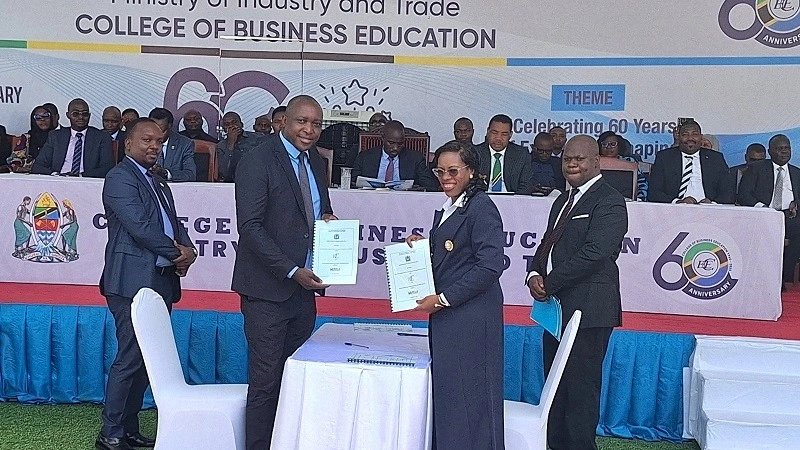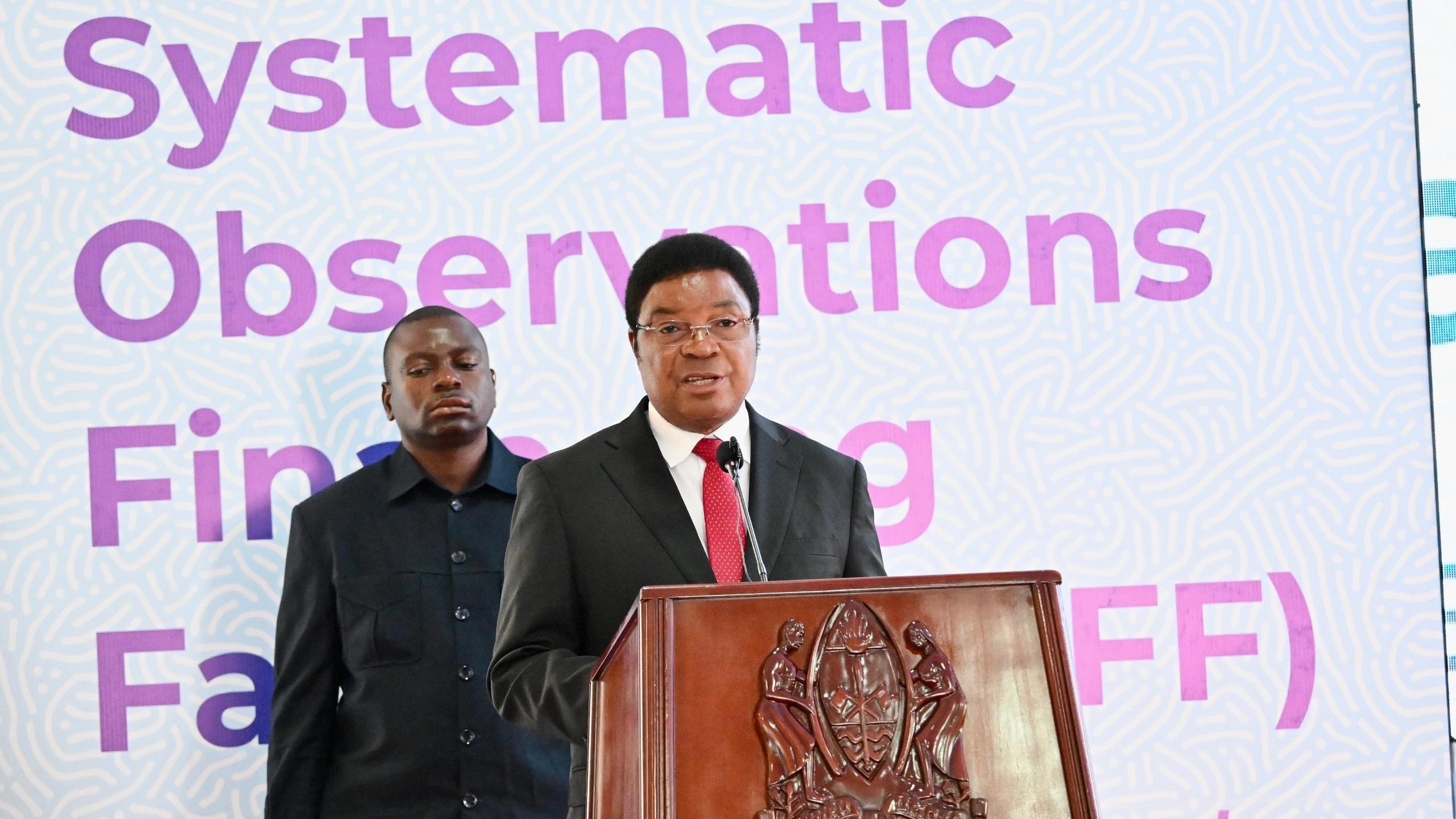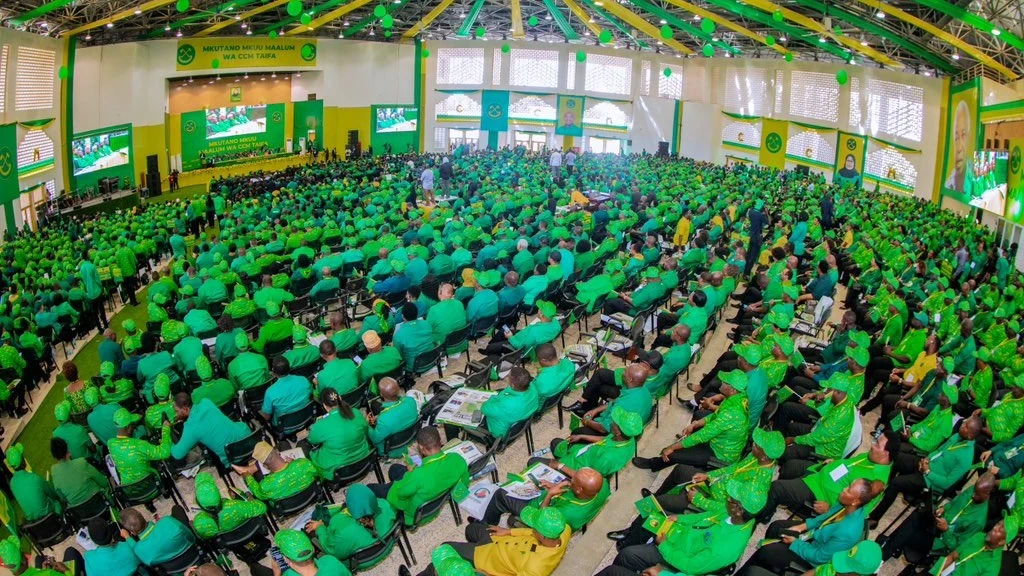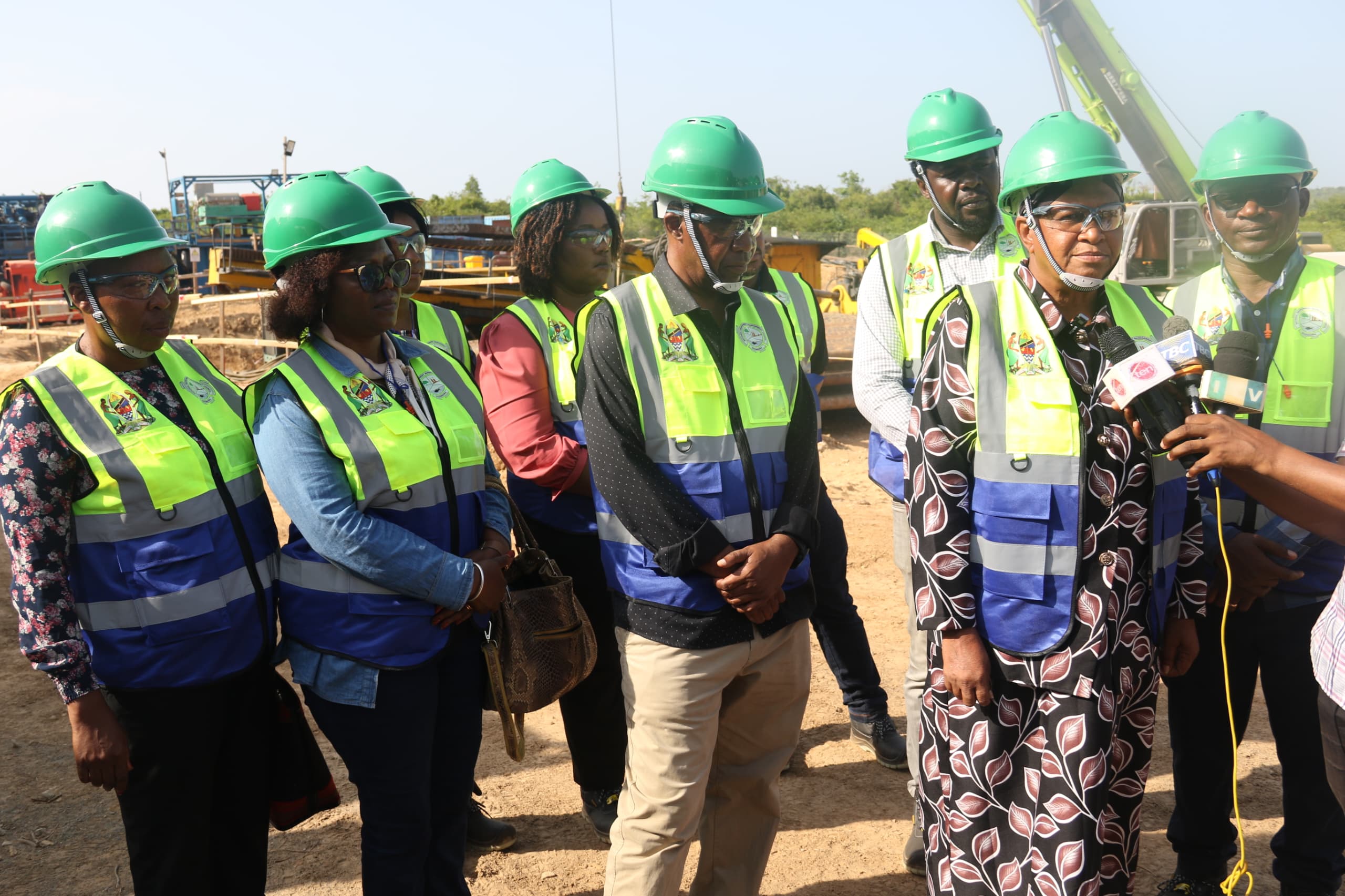DPM: Align CBE courses to markets
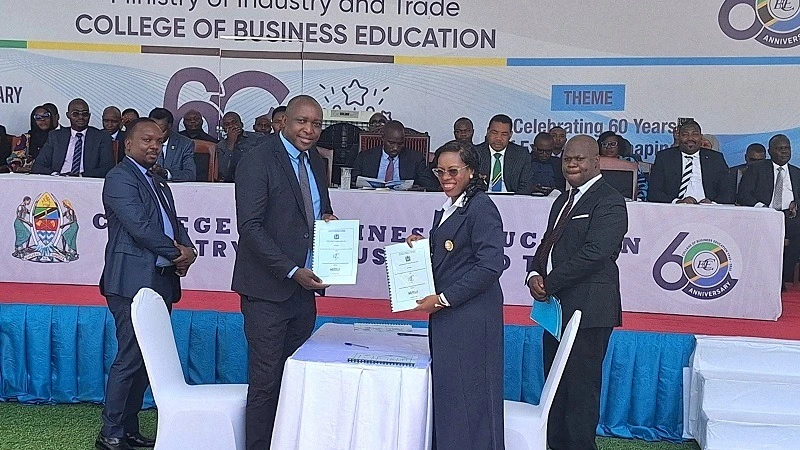
UNIVERSITIES and other higher learning institutions need to improve their curricula to produce graduates who are better equipped for current labour market needs, using modern technology to address societal challenges.
Dr Doto Biteko, the deputy prime minister and Energy minister, issued this appeal during 60th anniversary events at the College of Business Education (CBE) in its main campus in Dar es Salaam yesterday.
He emphasized that the government wants higher education institutions to provide entrepreneurship training, enabling graduates to acquire business skills and contribute to the growth of the economy and national income through innovative business and self-employment opportunities.
“The government is keen on ensuring that colleges like CBE provide the necessary tools for entrepreneurship, allowing graduates to make meaningful contributions to the economy,” he stated.
Maintaining strong connections between educational institutions and the private sector is vital so that universities stay informed on the needs of the market instead of working in isolation, he said.
Business education colleges similarly need to conduct thorough studies that address economic challenges and offer sustainable solutions before problems arise in society, he remarked.
“We have directed colleges like CBE to ensure that educational opportunities are accessible to all groups in society, including women, youth and people with disabilities, to ensure that everyone participates in our nation’s economy,” he affirmed.
He praised the CBE leadership, notably the rector, Prof. Edda Lwoga as well as the Industry and Trade minister, Dr Selemani Jafo.
The two were keen in ongoing efforts to supervise the college and produce highly qualified graduates who meet labour market demands, he said.
Dr Mwigulu Nchemba, the Finance minister, said that CBE will be included in the next phase of the higher education for economic transformation (HEET) project, to ensure that the college receives the necessary funding for further development.
The college has played a significant role in shaping the country’s business sector over the last 60 years, producing thousands of graduates who have gone on to make great contributions in public institutions and the private sector.
Dr Selemani Jafo, the Industry and Trade minister, noted that CBE has developed strong international ties with countries such as Germany, Finland and China.
The partnerships have benefited its lecturers through capacity-building programmes, providing students with opportunities for overseas study, enhancing their knowledge and skills, he stated.
“In areas such as measurements, standards and digital business, CBE has become a key institution,” he explained, underlining that its contribution to entrepreneurship education, particularly in Dar es Salaam, has had a profound impact, benefiting over 3,000 local traders.
The rector highlighted the college’s progress, having admitted a total of 22,335 students across its campuses in Dar es Salaam, Mwanza, Dodoma and Mbeya for the current academic year.
The college has expanded its programme offerings to 63, ranging from certificate and diploma courses to degree courses, post-graduate diplomas and master’s degree courses, she said.
To make its courses more accessible, CBE has introduced online master's degree programmes allowing more qualified individuals to pursue their specialisations, she added.
Top Headlines
© 2025 IPPMEDIA.COM. ALL RIGHTS RESERVED











